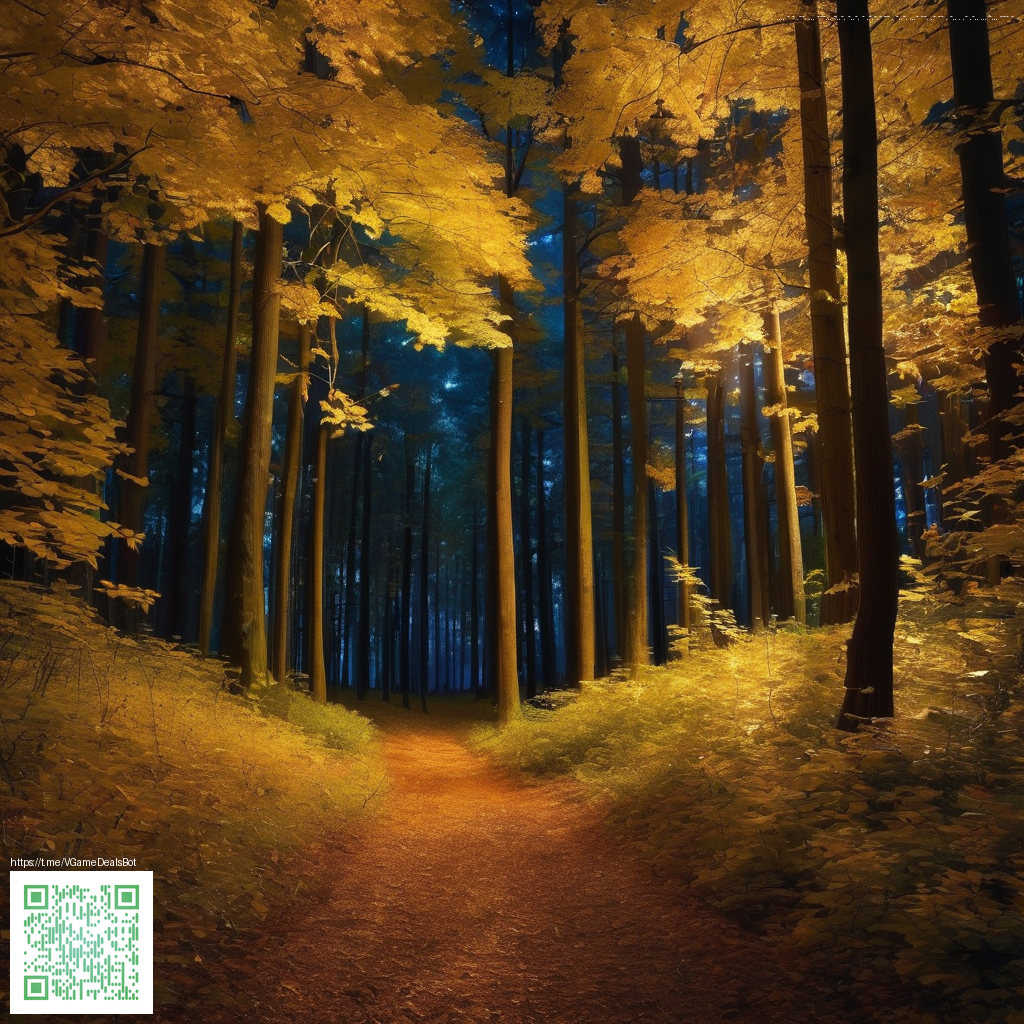
The Blood Moon Rite
On the night when the moon wore its own wound of red, the hill behind the town woke with an old hunger. The air smelled coppery, and distant thunder sounded like a drumbeat carried on the backs of clouds. We gathered in the circle of stones, not for worship but for memory—to remind the living that some powers do not vanish with time, merely wait for the right hour to breathe again.
I came with a borrowed map and a pocketful of nervous promises. The circle lay quiet, save for the soft rasp of dry grass and the sigh of wind through the old gate that always creaked when it wanted to say something true. The elders spoke in low, careful whispers, tracing sigils in the chalk with fingers that trembled yet never shook off their duty. The rite demanded attention, and attention asked for sacrifice—not of flesh, but of fear surrendered to the night.
- A circle of basalt stones, arranged with ritual precision, each one etched faintly with the names of seekers who walked this path before us.
- A leather-bound tome, its pages pale and humid with time, smelling of iron and rain and a promise we dared not fulfill too openly.
- A copper chalice, cool to the touch, its rim catching the first glimmer of the red moon and ringing softly when the wind brushed its mouth.
- A single crimson moth pinned to parchment, a fragile totem reminding us that life is delicate and easily drawn into a larger design.
From the creaking chapel to the hill, a chant moved through us like a current you cannot see but can feel in the bones. The language was old—a tongue the town forgot the moment it learned to listen to the world again—and the syllables fell into place as if they had always danced together in the dark. The stones resonated, not with heat, but with a quiet, patient hunger that pressed against the skin and coaxed memory into waking.
When the moon bleeds, wake the sleeping wood, call the names that have waited in shadow, and let desire tread softly across the stone.
We spoke in order, line by line, watchful for misstep, for even a misplaced word could tilt the balance toward ruin. The circle pulsed with a living glow—not like flame, but like the contact between two strangers who recognize a shared history. The moth’s pin shivered, the parchment sighed, and the tome closed as though it had exhaled after a long breath. A breath returned in a language of wind and gravel, and a voice spoke—not outside, but inside me, clear and unembellished: to be chosen is to be emptied; to be emptied is to begin again.
I found that the red moon did not merely witness the rite; it confirmed it, turning the night into a thin seam through which old power could slip into the world, patient as sleep and merciless as dawn. The hill remembered us, or perhaps we remembered it. Either way, by the time the first gray light teased the horizon, something ancient had learned our names, and something ancient had decided which of us would become its next chapter.
If you stand at the edge of that hill when the moon is most scarlet, you might hear a quiet, persistent heartbeat in the soil—the memory of a ritual that binds and frees in equal measure. A reminder that some rites are not meant to end with dawn, but to begin again in the minds of those who dared listen.